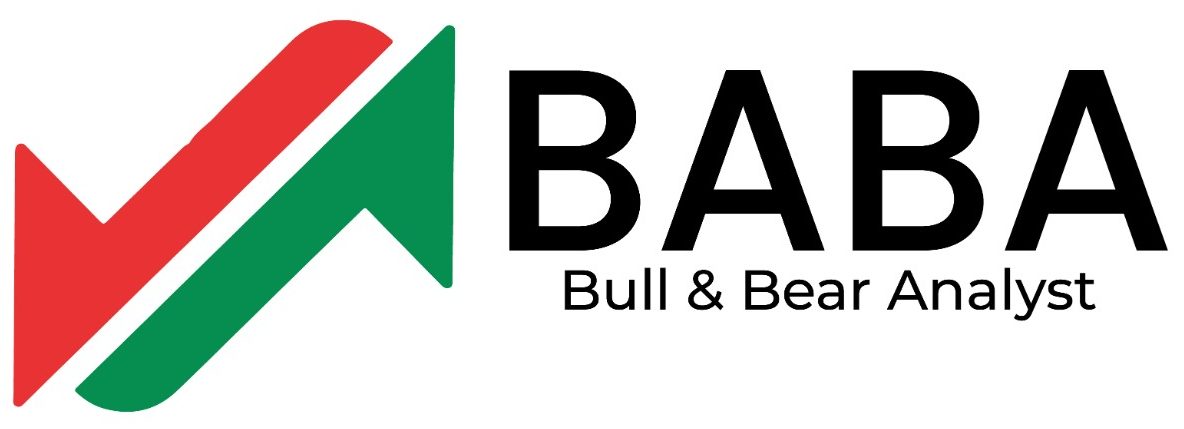You can download our Account Opening Form from our website or the following link: Click our forms are also available at our office BABA Equities (Pvt.) Ltd.
Trade terminal is a software based Internet share/stock trading service. A Trading Terminal account provides a 24-hours connection to access to your account balances and portfolio holdings, statements, stock quotes, news and research.
Any person who wishes to trade on the Pakistan Stock Exchange can sign up for Trading Terminal.
You can sign-up by filling our Account Opening Form either online by clicking the Open an Account button available at top right of this page or can come at office for filling an AOF. The whole process takes just a few minutes.
The electronic service provides valuable and timely information of your account that can help you and your Broker work more closely to reach your financial goals.
Yes, if you are signed up for trading terminal and have received a user ID and password from us. And after signing up for trading terminal, you can place trades online only.
Minimum amount required to setup an account is Rs.5,000.
You may send your cheque / Pay order/DD in favor of “BABA Equities (Pvt.) Ltd.” by mail or drop it personally at our Head Office.
Absolutely! When you visit the Trading Terminal site and provide your ID and password, your session is encrypted secure level.
- In case of system failure affecting orders, the customer complaints received from traders and customer support are forwarded to online Helpdesk.
- OHD checks the orders placed on KATS.
- In case where orders are executed, the customers are informed accordingly through OHD.
- In case where orders are not executed, OHD requests the IT department to cancel the pending orders.
- Subsequent to cancellation of pending orders the customers will be informed of canceled
orders through OHD.
Stock exchange is an integral part of a country’s capital market as it aids in capital formation through the sale of securities most notably shares. It also provides the marketability of securities by providing a secondary market for trading. Hence, it’s a place where securities of listed companies can be bought and sold thereby bringing together companies and investors in one place.
Shares are the most commonly traded securities on the stock exchanges. A share represents ownership in the company and hence is referred to as an ‘equity instrument’. The amount of ownership is restricted to the extent of shares purchased. Bonds on the other hand represent the amount of funds ‘lent’ out to the company. Hence, it is referred to as a ‘debt instrument’ and entitles the holder a fixed rate of interest.
Dividends are returns on shareholding. The return is paid by the company out of its profits. This return may be in the form of cash or additional shares referred to as ‘bonus shares’. Dividends are announced by the company usually once or twice a year depending upon companies’ policies.
A primary market is a market where securities that have never been issued before being offered to The public. This initial public offering (IPO), also called the primary issue and is therefore a transaction between the issuing company and the investor. A buyer of the initial issue may consider selling the security to another party. This transaction is done on the secondary market where the outstanding securities are traded amongst investors.
A listed company is one whose securities are listed on an exchange. The share price of a listed company is quoted and traded on a stock exchange. An unlisted company is one whose securities are not listed on an exchange. Its shares are therefore not available for trading to the general public. Private limited companies are examples of unlisted companies.
In order to raise additional funding may a company issue right shares to the existing share – holders. A right issue, therefore, allows shareholders to buy shares of an issue before it is offered to the public usually at a discounted price. The new shares are usually issued in proportion to the existing investors’ holdings.
A Central Depository System (CDS) is an electronic book-entry system for custody and transfer of securities. CDS was introduced to replace the manual system of physical handling and settlement of shares at the stock exchange. The CDS is managed by the Central Depository Company (CDC) which is incorporated under the Central Depositories Act 1997. Investors can open their accounts directly with CDC called Investor Accounts or open sub-accounts with a brokerage firm. With the introduction and implementation of the CDS and automated trading system, trading and settlement of securities have become efficient.
Amount can be refunded to the client subject to availability of the funds in his/her account.

